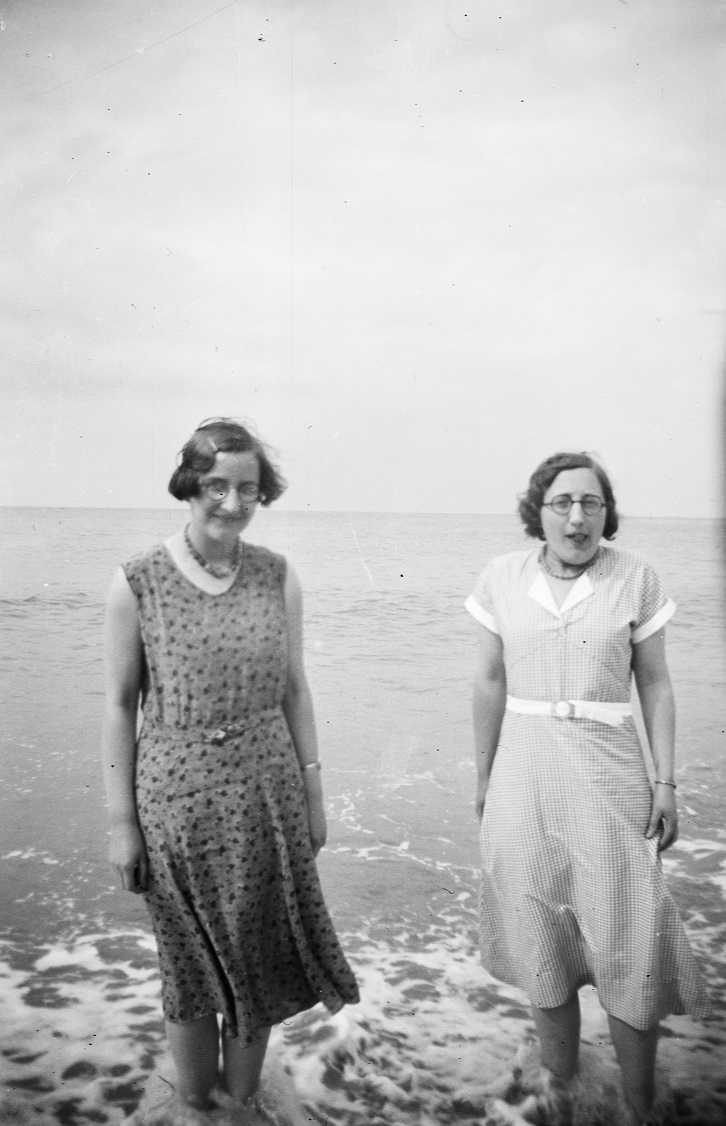From 2013:
PDF: http://bit.ly/2T37TpR
RCPsych/RCGP Working Group on Medically Unexplained Symptoms
Notes of the meeting held on 7 November 2013 at Wonford House Hospital, Dryden Road, Exeter EX2 5AF
Present
Dr Simon Heyland, Consultant Psychiatrist in Medical Psychotherapy, joint chair
Dr Susan Mizen, Consultant Psychiatrist in Medical Psychotherapy, joint chair
Dr Julian Stern, Consultant Psychiatrist in Medical Psychotherapy
Dr Amrit Sachar, Consultant Liaison psychiatrist – by phone
1 Notes of last meeting
The notes of the last meeting were approved as an accurate representation of the discussion with the following amendment:
The purpose of meeting needed to emphasise that this was a joint venture between Liaison Psychiatry and Medical Psychotherapy Faculties and the RCGP.
2 Matters arising
2.1 Group name
Members discussed whether the group should be renamed SSD (DSM V). It was agreed that MUS had a higher profile nationally and the current name should be retained.
2.2 Training
Members agreed that the group should focus on training for doctors rather than other professions as this is a medical College based initiative.
3 Actions
• Dr Sachar sent Dr Heyland an email with information about medical student training on MUS.
(Action: completed)
• Dr Sachar sent Dr Heyland the survey on MUS treatment in IAPT.
(Action: completed)
• Dr Sachar had circulated poster presentation re IAPT training.
• Dr Sachar identified a similar piece of work done by Peter Trigwell and would ask him if it could be shared.
(Action: Dr Sachar)
•
College Report 152, The Management of Patients with Physical and Psychological Problems in Primary Care has been circulated. (Action: completed)
• Dr Heyland to ask Professor Chew Graham about outcomes following the publication of CR152.
(Action: Dr Heyland)
• Dr Hashmi to look for a Liaison specialty trainee to undertake a survey of MUS services nationally
(Action: Dr Hashmi)
• Inviting colleagues from the medical and surgical Royal Colleges. It was decided that this should be done after the initial three meetings had taken place and the scope of the work had been decided and endorsed by respective Executive Committees.
(Action: None required)
• Dr Neil Deuchar, RCPsych commissioning lead had been in conversation with Dr Turner and advised that Professor Sue Bailey, RCPsych President should be made aware of this group so that it could be taken to the Academy of Royal Colleges.
Professor Bailey is highlighting the importance of primary care in terms of long term conditions and frequent attenders. Dr Turner and Dr Heyland to contact Dr Deuchar about how best to this raise this with Sue Bailey.
(Action: Dr Heyland and Dr Turner)
• The group discussed speaking to Peter Aitken, Liaison Faculty Chair and Kevin Healy, Medical Psychotherapy Chair before taking any paper from this working group to Sue Bailey. However the timescales were short as the paper might be put together in early December.
• Dr Heyland and Dr Mizen to draft a joint position statement before the next meeting. This would be circulated to the rest of the working group for comments with a view to arriving at a draft paper by the end of the calendar year. Dr Sachar suggested that a briefing containing the main points should be signed off on 13 December as Professor Bailey’s timetable might be more urgent.
(Action: Dr Heyland and Dr Mizen)
• It was noted that the Liaison Faculty were focussing on workforce and development and MUS would be a work stream within this.
4 Date of next meeting
• Friday 13th December, 11am-1pm, RCPsych, London
[Possibly more of these meeting summaries to follow]

